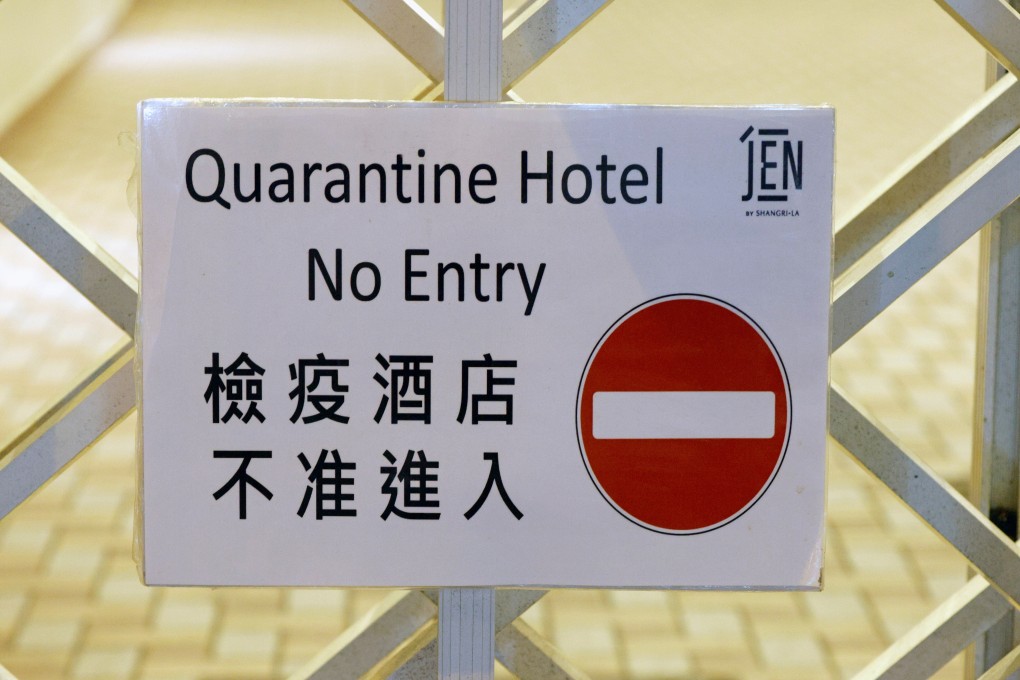My Take | It’s more ‘follow the politics’ than ‘follow the science’
- Hong Kong’s Covid-19 measures do not appear to be necessary to protect public health but are more about persuading the central government to open the border

Calls to “follow the science” reverberated around the world as governments scrambled for strategies to curb the spread of Covid-19. This mantra has been used by officials everywhere to justify policies and evade responsibility for blunders.
But scientists don’t always agree and governments tend to select the advice which best suits their agenda. It is usually more about pursuing politics than following science.
The latest measures in Hong Kong do not appear to be necessary to protect public health. They are driven more by a desire to align the city’s policies with the mainland in a bid to persuade the central government to open the border.
New rules last week saw the scrapping of most quarantine exemptions for travellers deemed crucial to Hong Kong’s economy. There were also tougher requirements for the release of Covid patients.
The world’s strictest quarantine regime is being further tightened even though the city has not had a local transmission since May. It seems crazy. But Chief Executive Carrie Lam Cheng Yuet-ngor explained: “These are all measures taken to make the central government more confident in allowing us to resume border travel.”
Only those who benefited from the quarantine exemptions are likely to complain about their removal. They have covered 36 groups considered vital to the city’s economy and operations, including officials, directors of listed companies, and diplomats. But the business sector is, not surprisingly, unhappy about yet another tightening of restrictions.
